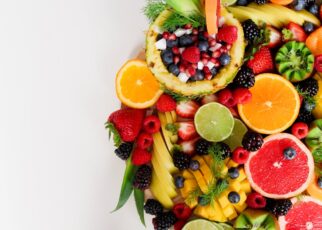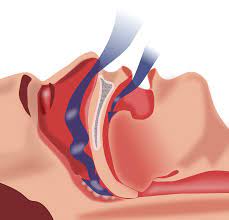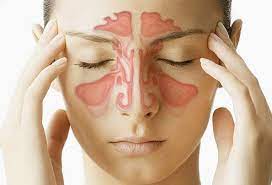Kidney stones are a painful and recurring condition that can affect anyone. They form inside your kidneys and can impact any part of your urinary tract, causing severe pain in the lower back, belly, or side. Symptoms often include nausea, vomiting, fever, blood in the urine, and frequent urination. Common risk factors for kidney stones include dehydration, obesity, an unhealthy diet, certain medications or supplements, high blood pressure, and diabetes.
To reduce the risk of developing kidney stones, it is crucial to maintain a healthy diet and follow preventive measures. While some foods can help keep your kidneys healthy, others can increase the likelihood of stone formation. Here’s a guide on which foods to avoid and which to include in your diet to lower your risk.
Foods to Avoid
High-Oxalate Foods: Foods rich in oxalates like spinach, beetroot, sweet potatoes, legumes, chocolate, and peanuts can increase the risk of kidney stones. If you do consume these, pair them with calcium-rich foods to help your body manage oxalates better.
Salty Foods: High sodium intake can lead to calcium buildup in the urine, promoting the formation of kidney stones. Limit your salt consumption to reduce this risk.
Animal Protein: Eating too much animal protein, such as meat, eggs, and fish, can raise your chances of developing kidney stones.
Excessive Vitamin C: Overdosing on vitamin C can harm your kidneys and contribute to stone formation. Stick to the recommended daily allowance for vitamin C.
Processed Foods: Avoid processed foods, especially colas and fast foods, as they can increase the risk of kidney stones due to their high sodium and sugar content.
Foods to Include
Hydration: Staying well-hydrated is the most effective way to prevent kidney stones. Drink plenty of fluids, especially water, throughout the day.
Citrus Fruits: Increasing your citrus intake can help prevent kidney stones. Include lemons, oranges, and grapefruits in your diet.
Calcium-Rich Foods: Eating enough calcium can help regulate oxalate levels in your body. Calcium deficiency can lead to higher oxalate levels. Pair calcium-rich foods with vitamin D to improve absorption.
Additional Tips
Medication and Precautions: Follow any prescribed medication and take the necessary precautions to treat and prevent kidney stones.
Seek Medical Help: If you are at a higher risk of developing kidney stones, consult a healthcare professional for advice and treatment options.
By making mindful choices about your diet and staying hydrated, you can significantly reduce your risk of kidney stones. Adopting these healthy habits not only supports kidney health but also contributes to overall well-being.





